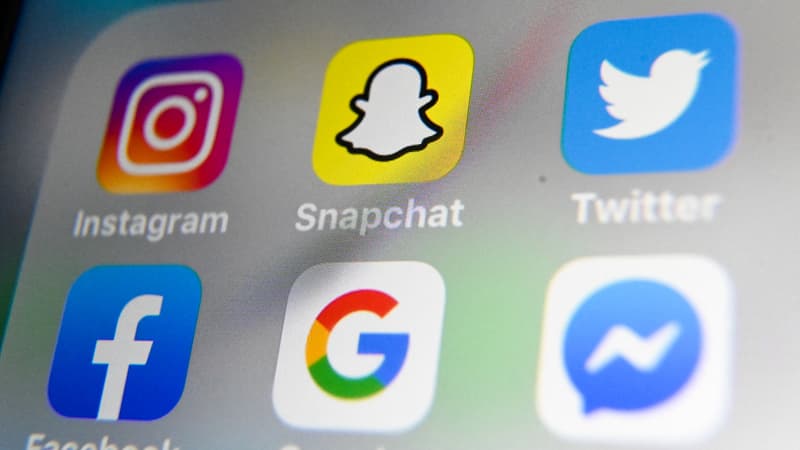In the height of summer, parents may be tempted to post photos of their children at the beach or in a restaurant. And for good reason, more than half of parents have already posted photos of their children on social media. However, this practice, called “sharing,” is not without its risks as this content can be retrieved, recorded, and end up on child pornography sites.
Sharing is when parents post and share photos of their children on social media. Among these parents, 3% of them are influential people. But once published, it is impossible to track the reuse of this content. But half of the photos posted on child pornography forums are images taken from social media and taken by the parents themselves, according to research by Australia’s Child Internet Protection Office.
Thus, all this content published on Instagram, Facebook or even TikTok, anyone can retrieve it, save it, share it.
The lawyer, however, wishes to qualify: “we must not exaggerate the phenomenon either” but “it is an observation that must be made: the photo of your son may one day appear on the computer of a malicious person.”
Sharing can give rise to a second risk: the use of artificial intelligence with, in particular, the creation of deepfakes that make it possible, from a simple video, to make a person do and say anything.
Prevent these risks
In Germany, an advertisement has used it to warn of this risk. The video, which has a million views on YouTube, shows parents who discover, during a movie session, their son aged a few years by artificial intelligence. “Photos like the ones you share on social media can be stolen and used by anyone,” he tells them.
To avoid this, you should always keep in mind that people with bad intentions can use images and data and may one day use it against children. It is also necessary to remember that “as soon as content is published, it is likely that there will be ad vitam æternam on the Internet,” recalls the lawyer.
A bill introduced by the Renaissance MP Bruno Steder aims, in particular, to regulate “family vlogs”, these videos that show the life of the whole family, and “jokes”, these filmed jokes when this includes children . The law also wants to associate the child “in the exercise of his right to the image, according to his age and his degree of maturity”, underlines the deputy with franceinfo.
Source: BFM TV


